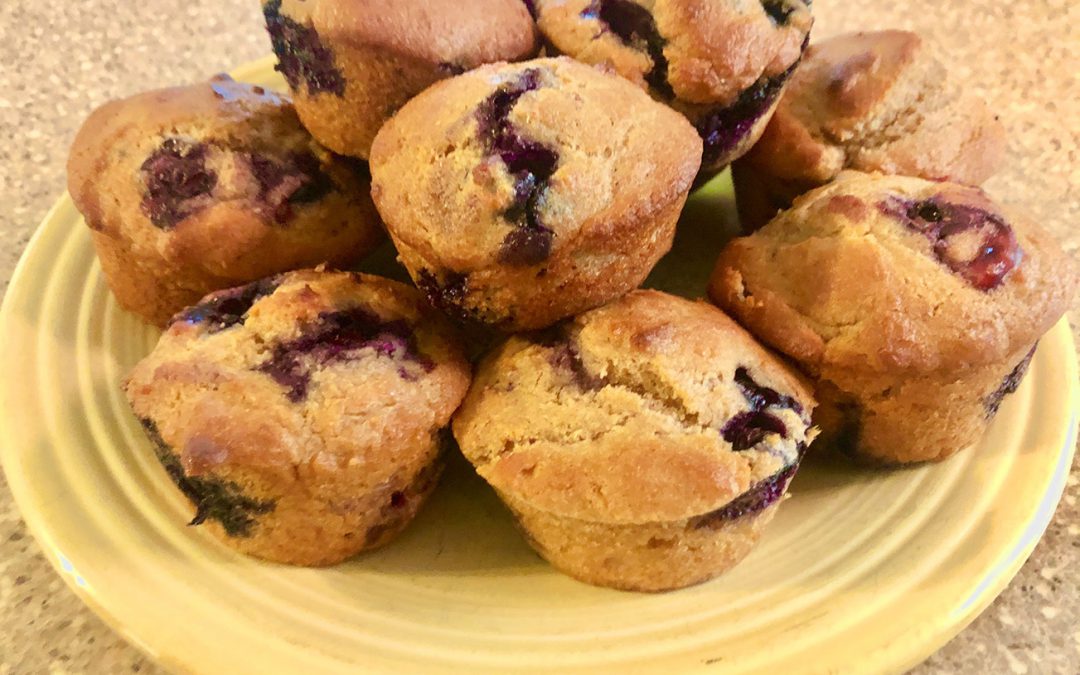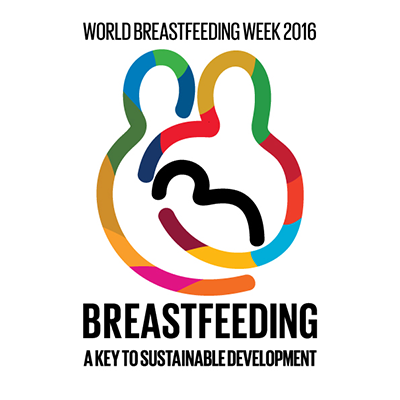By: Sarah Muniz, RD, LDN – Avance Care Registered Dietitian
This week (August 1st – 7th) is World Breastfeeding Week 2016 and it is being celebrated in more than 120 countries worldwide!
According to the World Health Organization (WHO) and the American Academy of Pediatrics (AAP) , when a mother is able, breastfeeding is the recommended form of nutrition for infants). The WHO and the AAP both recommend infants be exclusively breastfed for the first six months of life “to achieve optimal growth, development and health.”1 After six months, the AAP recommends continuing breastfeeding in combination with complementary foods until at least 12 months of age, and after that as long as it is mutually desired by both mother and baby.1,2
Why is breastfeeding so important? Foremost, a mother’s breast milk is designed specifically for her baby and is rich in all the nutrients that a growing baby needs! A mother’s breast milk contains protein, essential fatty acids, carbohydrates, vitamins and minerals, and “anti-infective properties.”3
Did you know that the composition of breast milk varies as the baby grows, from day to day, from feeding to feeding and even from beginning to end of each feeding?3

When a baby is born, the first milk that a mother produces is called colostrum. Colostrum is high in protein and low in carbohydrates and fat. This milk is believed to provide newborns with the necessary ingredients to help build up their immune system and is produced in low quantities for the first few days postpartum. Once a mother’s milk supply completely comes in, usually by 4-6 weeks postpartum, “mature milk” is produced.4 Mature milk is higher in fat and carbohydrates to assist in rapid brain and growth development.3,4 However, breast milk does lack vitamin D and iron. When breastfeeding, a mother should consider supplementing 400 IU of vitamin D daily, which can be achieved using vitamin D drops on the nipple or on a pacifier.5 Furthermore, after 6 months of age an infant’s iron stores become depleted. Therefore it is important to start supplementing iron, which can be achieved by incorporating iron-fortified baby cereals and other iron-rich foods.
Breastfeeding has been shown to be beneficial for both babies and mothers! Below are reasons why it’s good for babies!6
- Made by nature to meet babies’ nutritional needs
- Lowers incidence of infections, diarrhea and hospitalizations
- Reduces risk of allergic reactions and asthma
- Reduces risk of SIDS
- Reduces risk of childhood cancers
- Provides baby with the most easily digested food and reduces constipation
- Promotes healthy growth and development
- Reduces risk of obesity & diabetes
- Promotes straighter teeth with better oral development
- Transmits mother’s immunities to baby
Mothers benefit from breastfeeding as well! Here are some ways how!6
- Reduces mom’s risk for cancer, diabetes and osteoporosis
- Saves time with no bottles to prepare
- Burns calories, which helps moms return to pre-pregnancy weight faster
- Releases hormones that promote relaxation and bonding
- Makes traveling easier
- Reduced odors of baby’s bowel movements
- Saves money in formula and healthcare costs
- Helps the mother’s uterus return to its pre-pregnant state
- Helps prevent excessive bleeding following birth
- Provides a special gift to baby that only their mother can provide
So, what should mothers eat while breastfeeding? There is actually no specific breastfeeding diet. A well balanced diet along with a daily pre-natal or post-natal multivitamin to ensure adequate intake of vitamins and minerals is recommended. If mothers are exclusively breastfeeding,an increase of approximately 500 calories per day is traditionally recommended to ensure sufficient milk production.7 After the infant is greater than 6 months of age and complementary foods are introduced, the mother can begin to cut back on the calorie intake.7 If a breastfeeding mother wishes to consume an alcoholic beverage (1 drink = 12 oz. beer, 5 oz. wine or 1.5 oz liquor), she should wait 2-3 hours after having the drink to breastfeed or pump milk.7 If her breasts are full of milk and 2-3 hours have not passed, she may need to “pump and dump” the milk to ensure the alcohol will not be passed on to the baby.7
Needless to say, breastfeeding is a remarkable thing! The choice to breastfeed and for how long is based on the desires of both mom and baby, but all women should be educated on their options. For more information and breastfeeding support, visit La Leche League International at www.llli.org. To find a lactation consultant in your community, visit www.ilca.org. This week is a chance to increase awareness about this natural process and empower families to make healthy lifestyle choices that fit their individual needs. So, let’s support all the mothers around the world this week who are able to breastfeed and choose to do so!
References
- World Health Organization. The World Health Organization Infant Feeding Recommendation. http://www.who.int/nutrition/topics/infantfeeding_recommendation/en/. Accessed 7/11/16.
- American Academy of Pediatrics. AAP Reaffirms Breastfeeding Guidelines. https://www.aap.org/en-us/about-the-aap/aap-press-room/pages/AAP-Reaffirms-Breastfeeding-Guidelines.aspx?. Accessed 7/11/16.
- La Leche League International. What Makes Human Milk Special? http://www.llli.org/nb/nbmarapr06p82.html Accessed 7/11/16.
- Ballard, O and Morrow, A. Human Milk Composition: Nutrients & Bioactive Factors. Pediatr Clin North Am. 2013 Feb; 60(1): 49–74. http://www.ncbi.nlm.nih.gov/pmc/articles/PMC3586783/. Accessed 7/11/16
- Centers for Disease Control and Prevention. Vitamin D Supplementation. http://www.cdc.gov/breastfeeding/recommendations/vitamin_d.htm. Accessed 7/11/16.6.
- Missouri Department of Health & Senior Services. Benefits of Breastfeeding. http://health.mo.gov/living/families/wic/breastfeeding/benefits.php. Accessed 7/11/16.
- Missouri Department of Health & Senior Services. Benefits of Breastfeeding. http://www.chop.edu/pages/diet-breastfeeding-mothers#.V3wISPZTHIU. Accessed 7/11/16.

